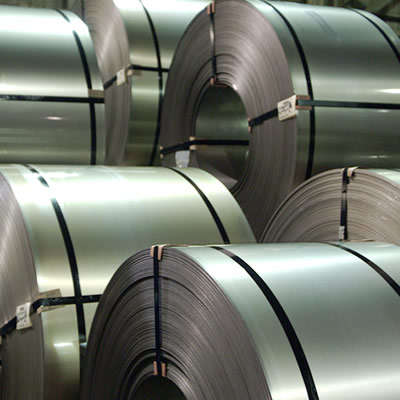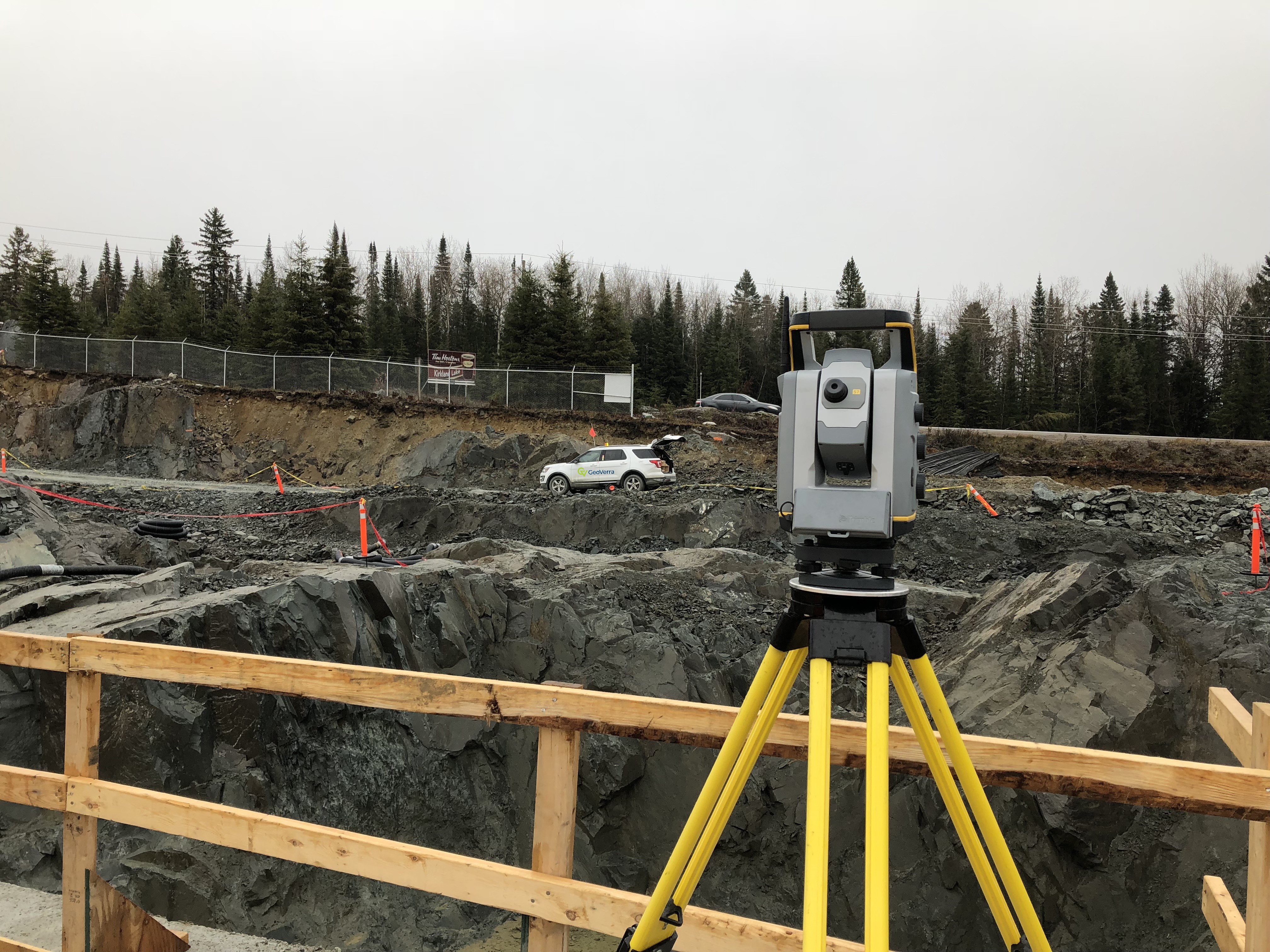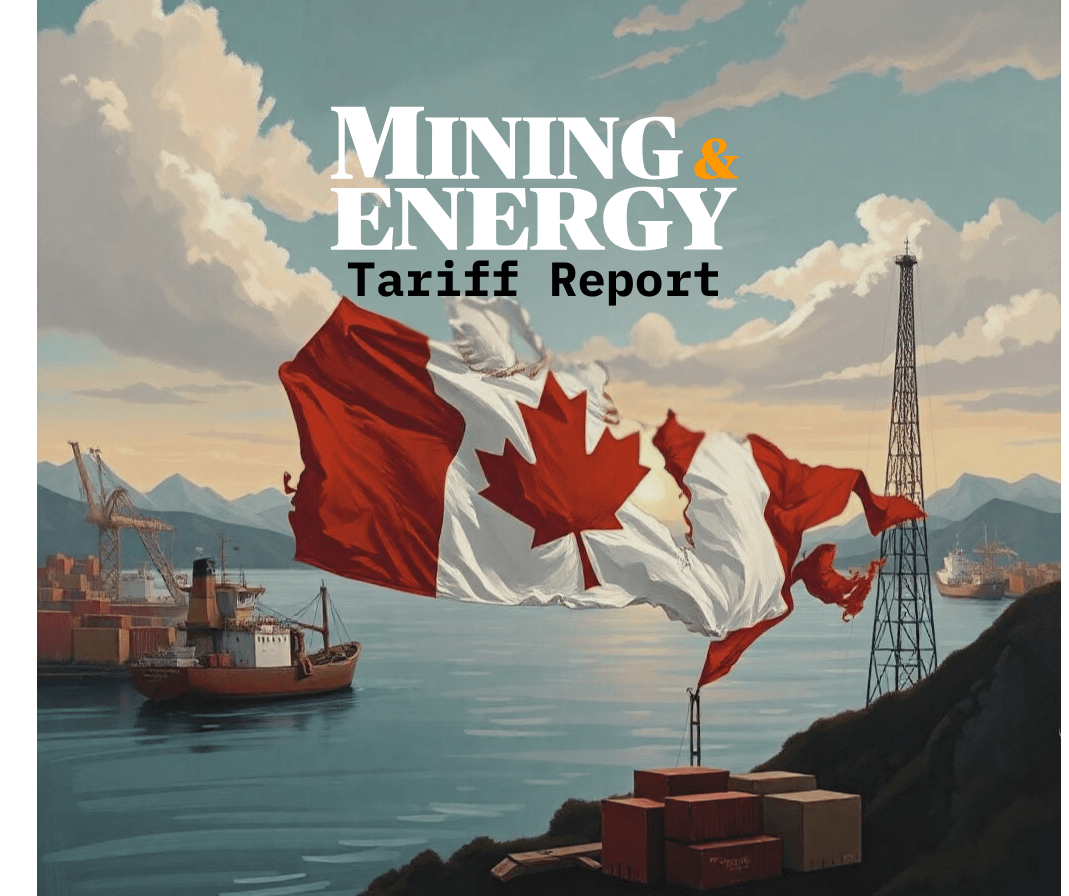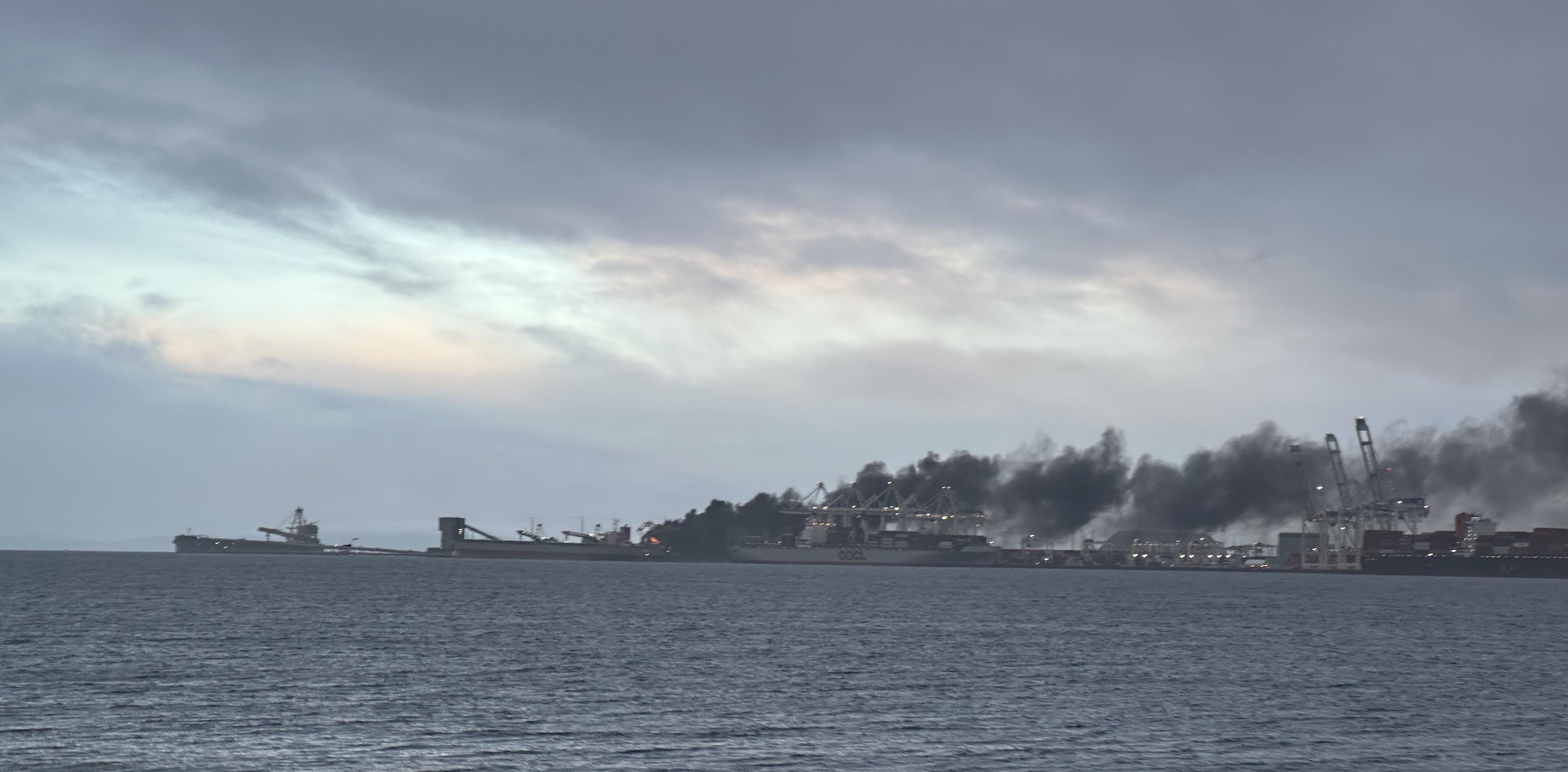Steelworkers: ‘Buy America’ Rules are harmful to Canadian steel makers

The new 'Buy America' provisions will restrict access by Canadian producers to the U.S. procurement market. — Photo courtesy Algoma Steel The Trump
The new 'Buy America' provisions will restrict access by Canadian producers to the U.S. procurement market. — Photo courtesy Algoma Steel
The Trump administration announced new 'Buy America' provisions that will restrict access by Canadian producers to the U.S. procurement market.
Donald Trump signed the executive order requiring that 75% of the value of components must be sourced in the U.S., an increase from 50%.
"Worse than that, the order demanded that 95% of all steel and iron used in U.S. public procurement must exclude Canada and be sourced from the U.S.," pointed out Ken Neumann, United Steelworkers National Director.
"This is a significant blow for the Canadian steel industry and the whole Canadian economy, and a betrayal of the close alliance and integration of our two economies," added Neumann.
This action is harmful and cannot be alleviated by a simple 'Buy Canada' response. The U.S. procurement market is more than 10 times the size of Canada's procurement market. Key Canadian industries, including steel producers, have relied on this market for years and will be greatly harmed when shut out.
It did not have to be this way.
During NAFTA2 negotiations, Canada explicitly sought access to the U.S. government procurement market. It was a very important protection and a key part of the original Canadian positions and proposals.
However, when the U.S. resisted, Canada simply withdrew its demand. Prime Minister Trudeau agreed to NAFTA2 without any procurement agreement, just as he agreed without withdrawal of steel and aluminum tariffs.
"This was a sell-out. Such access needed to be insisted on by the Canadian government. At minimum, the previous Canadian exemption to 'Buy America' provisions should have been included," Neumann said.
Under the currently tabled NAFTA2, Chapter 13 covers procurement but it applies only to the U.S. and Mexico. Under that chapter, Mexico and the U.S. continue to have procurement opportunities consistent with original NAFTA obligations, with some modifications.
In short, the tabled NAFTA2 does not protect Canadian workers or industries against 'Buy America' rules restricting Canada from U.S. public contracts.
"This is a major failure on the part of our federal government. It is yet another reason why Canada should not ratify NAFTA2," Neumann said.
Contrary to what some may argue, the WTO Government Procurement Agreement (GPA) provides no real protection to Canadian industries and workers as many U.S. states do not participate.
Here at home, the Trudeau government also needs to do much more to ensure that Canadian procurement provides jobs to Canadian workers.
We have many examples of large federal procurement contracts that have harmed Canadian industry by using foreign steel. The recently completed Champlain Bridge in Montreal was built primarily using offshore steel. The Johnson Street Bridge in British Columbia, which opened last year, used steel and components that were sourced and manufactured in China.
"The federal government has let down Canadian workers in failing to negotiate protections to public markets. Trudeau should have built on the integrated markets and negotiated a 'Buy North America' provision. This is another reason the Steelworkers are calling on the Canadian government not to ratify NAFTA2," said Neumann.




